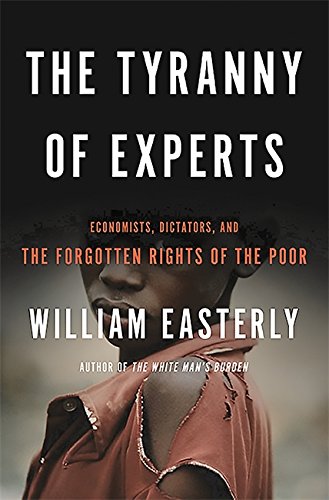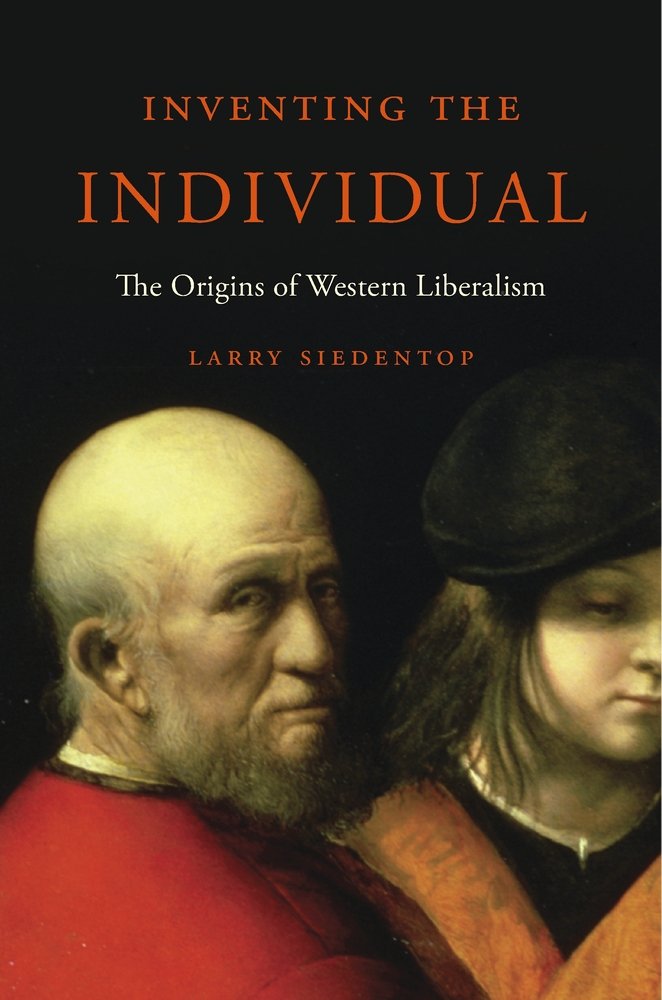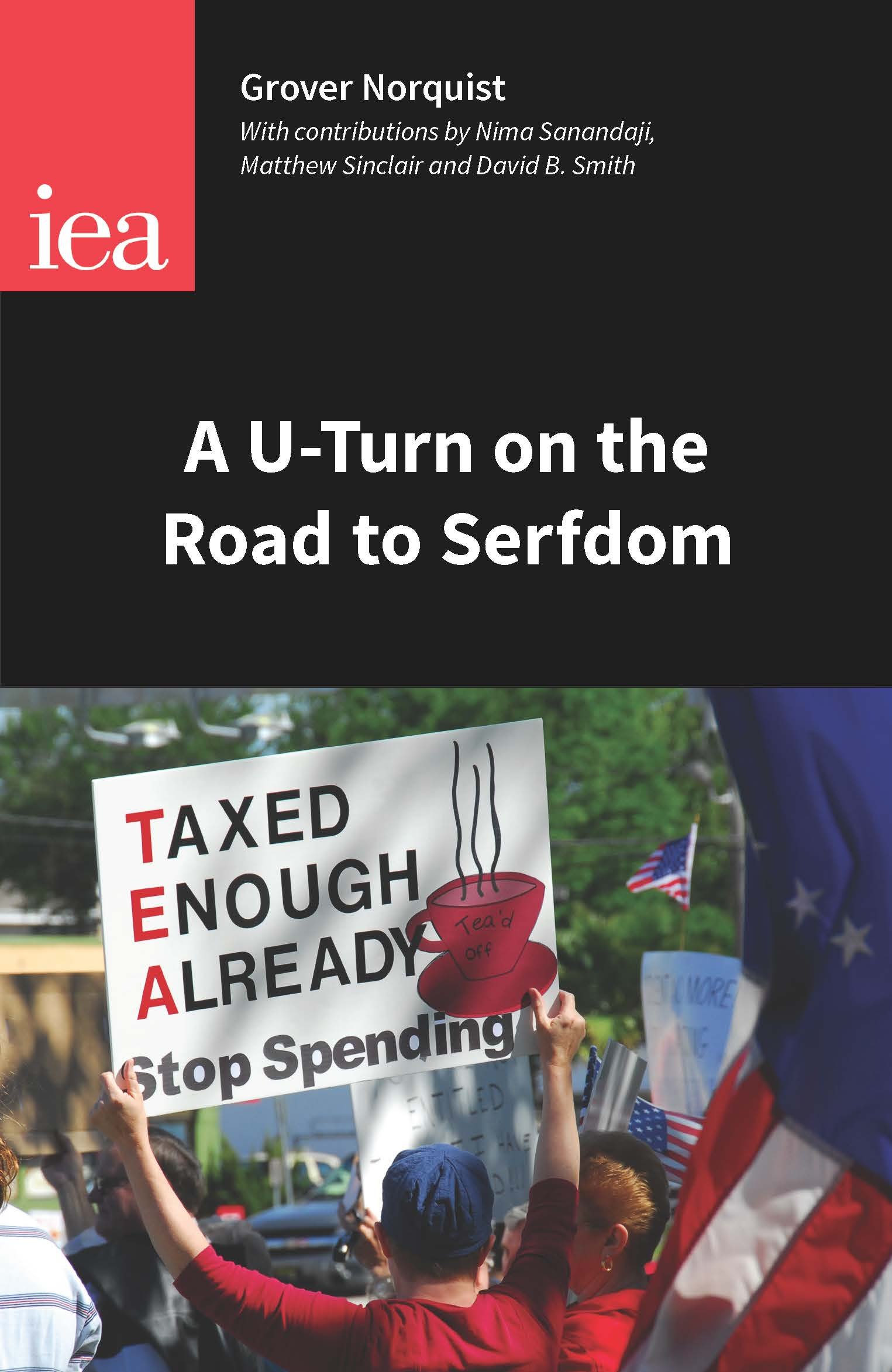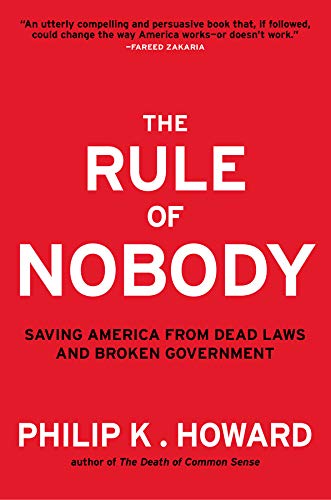There's a revealing story in the new Joe Hockey biography by Madonna King — revealing not only about the Treasurer but about the Government of which he is a senior member.
In 2001 Hockey was minister for financial services in the Howard government. It was a junior ministry but one that gave him responsibility for the Australian Prudential Regulatory Authority, and, through it, the stability of Australia's banks and insurance companies.
So it was Hockey in the hot seat when HIH, the second largest insurer in Australia, went into liquidation in March 2001.
The HIH liquidation meant that thousands of Australians were suddenly uninsured.
Hockey was informed that HIH's losses could have been up to $8 billion. He was invited into cabinet to explain what was going on. John Howard asked him how the government should react.
"We should step in," Hockey said.
King says the cabinet meeting descended into a debate about the desirability of bailouts.
Howard and Peter Costello were the most opposed. They spoke of the dangers of moral hazard — creating a belief that private companies were implicitly guaranteed by the government. They noted that in 1997 their Wallis inquiry into the financial sector had warned against bailing out private firms.
On the other side of the argument were Hockey and the young minister for workplace relations, Tony Abbott. HIH was exceptional circumstances. King writes that "many of those now facing ruin were Liberal Party stalwarts who were practising self-sufficiency, and funding their own lives."
Hockey told cabinet: "These are our people". HIH's customers were Howard's battlers.
King isn't the first person to have recorded the cabinet machinations over HIH — Tony Boyd had them in a story in April last year.
But in King's biography they're more particularly informative because they emphasise — as the entire book does — that Hockey is a quintessential Liberal moderate.
On almost every major issue that King records Hockey takes the moderate side.
When Hockey was minister for tourism Qantas came to the government asking for regulatory relief to increase its foreign ownership. "I wrote to Cabinet, basically, over my dead body," Hockey recalls.
King writes that liberalism for Hockey is about individual rights, parliamentary democracy and — this is the crucial one — "a commitment to improve society through reform."
It's striking how much the Abbott Government is heavily populated by moderates. Hockey and Abbott are moderates. (That Abbott is no free market ideologue is long and well attested, but best shown by his paid parental leave scheme.) George Brandis is from the moderate wing of the Queensland liberals. Christopher Pyne is a South Australian moderate.
Yes, the Government has its share of dries — Andrew Robb, for one, and Mathias Cormann.
But this team is strikingly different from the previous Coalition government. Howard and Costello had serious dry credentials.
Howard was Malcolm Fraser's last treasurer and tried to drive that government towards liberalisation and deregulation — a direction Fraser was unwilling to go. When the Liberal Party went into opposition Howard was affiliated with various dry groupings.
Costello's dry credentials were even stronger than Howard's. He was a founder of the HR Nicholls society, a group dedicated to pushing for industrial relations reform. Costello got Liberal endorsement in a sweep of moderates for the New Right in 1989.
Of course, Howard and Costello's dry pedigree did not stop their government from being relatively heavy taxing and big spending.
And despite Hockey's earlier views, it's now his policy to remove all the ownership shackles from Qantas.
People can change, of course. It's easier to be an airline nationalist when you're tourism minister than treasurer.
But nor does the 2014 budget look like something moderates would produce — with its harsh welfare changes, market-oriented university reforms, and abolition of dozens of government bodies.
King's book provides some help here.
The key to understanding the budget is the Medicare co-payment — or, more specifically, the Medical Research Future Fund the co-payment is to support.
Media reports of the Hockey biography have focused on the description of the fund as "the sunshine that could wrap the budget coverage in the warmth its authors believed it deserved". The implication is that the fund is as much public relations as policy; a softener for the budget's hard edges.
But in context King makes it clear that Hockey, and his Government, does in fact believe that the Medical Research Future Fund is a substantive policy reform. It will bring long term "structural change". Hockey told his biographer he came up with the idea of investing in health while reflecting on 19th century Sydney's investment in seawalls.
This is too corny to be entirely fiction. It is seems it is genuinely his belief that Medicare's long term sustainability will be ensured by a massive government research body. This is hardly the dry-as-dust approach to Medicare that has been so widely condemned.
King may be exaggerating Hockey's moderate instincts. Her book is incredibly positive and flattering. Biographies often tell you more about their author than their subject.
But the overwhelming impression given by the Hockey biography is of a Liberal moderate assuming a role that demands aggressive dryness.

 The major contribution of William Easterly's new book, The Tyranny of Experts, is simple and profound. For the poor, individual rights isn't just the most effective path to development for poverty-stricken countries. No, for the poor, individual rights is development.
The major contribution of William Easterly's new book, The Tyranny of Experts, is simple and profound. For the poor, individual rights isn't just the most effective path to development for poverty-stricken countries. No, for the poor, individual rights is development. Easterly couches the philosophy of foreign aid into three central issues. Firstly, he believes the foreign aid status quo views recipient nations as if they are a "blank slate" instead of learning from the history of that country. It pays no heed to how a county came to be poor and seeks only to shoe-horn its pre-determined solutions regardless of the circumstances.
Easterly couches the philosophy of foreign aid into three central issues. Firstly, he believes the foreign aid status quo views recipient nations as if they are a "blank slate" instead of learning from the history of that country. It pays no heed to how a county came to be poor and seeks only to shoe-horn its pre-determined solutions regardless of the circumstances. Easterly quotes Friedrich Hayek in this regard, who once wrote of this view, "the individual is merely a means to serve the ends of the higher entity called ... the nation". Easterly also notes that Swedish economist Gunnar Myrdal, the socialist economist who shared the economics Nobel in 1974 with Hayek, summed up the view of the foreign aid status quo perfectly when he said national governments needed to achieve development in spite of, "a largely illiterate and apathetic citizenry". (The Tyranny of Experts is worth reading if nothing else for the imagined debate Easterly recreates between Hayek and Myrdal.)
Easterly quotes Friedrich Hayek in this regard, who once wrote of this view, "the individual is merely a means to serve the ends of the higher entity called ... the nation". Easterly also notes that Swedish economist Gunnar Myrdal, the socialist economist who shared the economics Nobel in 1974 with Hayek, summed up the view of the foreign aid status quo perfectly when he said national governments needed to achieve development in spite of, "a largely illiterate and apathetic citizenry". (The Tyranny of Experts is worth reading if nothing else for the imagined debate Easterly recreates between Hayek and Myrdal.) Since at least the Enlightenment, it has been popular to regard the medieval period as a kind of "dark age" that isn't worth studying. After the collapse of Rome in the West in the fifth century AD, so the popular story goes, Western Europe plunged into a period of crushing superstition, in which society was utterly dominated by the Church and "secular" learning was lost. Western Europe was saved only by the Renaissance, when a sudden resurgence of Classical learning slackened the grip of the Church and awakened the West to secular modernity.
Since at least the Enlightenment, it has been popular to regard the medieval period as a kind of "dark age" that isn't worth studying. After the collapse of Rome in the West in the fifth century AD, so the popular story goes, Western Europe plunged into a period of crushing superstition, in which society was utterly dominated by the Church and "secular" learning was lost. Western Europe was saved only by the Renaissance, when a sudden resurgence of Classical learning slackened the grip of the Church and awakened the West to secular modernity. The declaration heralded the drafting of copious canonical laws founded on ideas of natural justice and moral equality. These were important in the development of natural rights, and Rome's "declaration" resulted in the division between church and state. The latter reform made the modern secular state possible.
The declaration heralded the drafting of copious canonical laws founded on ideas of natural justice and moral equality. These were important in the development of natural rights, and Rome's "declaration" resulted in the division between church and state. The latter reform made the modern secular state possible. It has been 70 years since Friedrich Hayek released The Road to Serfdom, and despite his warnings, that is certainly the road that the West is travelling down. Governments are becoming larger and more people are becoming dependent on the state for their livelihoods.
It has been 70 years since Friedrich Hayek released The Road to Serfdom, and despite his warnings, that is certainly the road that the West is travelling down. Governments are becoming larger and more people are becoming dependent on the state for their livelihoods. Norquist is very optimistic about Republican chances at the 2016 and 2020 elections. Not only are those chances boosted by eight years of the Obama administration demonstrating the dangers of the Leviathan state, but the potential Republican candidates are much stronger than in previous years.
Norquist is very optimistic about Republican chances at the 2016 and 2020 elections. Not only are those chances boosted by eight years of the Obama administration demonstrating the dangers of the Leviathan state, but the potential Republican candidates are much stronger than in previous years. In February 2011 in a little place named Franklin Township, New Jersey, a tree fell into a creek and caused a flood. It took twelve days and a $12,000 permit to get environmental approval to pull the tree out of the creek, which only took a few minutes.
In February 2011 in a little place named Franklin Township, New Jersey, a tree fell into a creek and caused a flood. It took twelve days and a $12,000 permit to get environmental approval to pull the tree out of the creek, which only took a few minutes. For anyone who has read Howard's earlier works, there is little new philosophy in this publication with respect to the government Leviathan. The fact that government is out of control is a well-trodden path for him. But he also appears to have been stung by past suggestions that he is some kind of Tea Party campaigner ― and I suspect that just doesn't sit too well with his pretences to be a household name in the Jon Stewart and New York Times twitterati.
For anyone who has read Howard's earlier works, there is little new philosophy in this publication with respect to the government Leviathan. The fact that government is out of control is a well-trodden path for him. But he also appears to have been stung by past suggestions that he is some kind of Tea Party campaigner ― and I suspect that just doesn't sit too well with his pretences to be a household name in the Jon Stewart and New York Times twitterati. English historian Catherine Hall had a specific political purpose in writing this book. In the aftermath of 9/11, she strongly opposed the Blair Government's decision to participate in wars in Afghanistan and Iraq, and was particularly "horrified by the claim that the West had the right to assume such positions of moral certitude".
English historian Catherine Hall had a specific political purpose in writing this book. In the aftermath of 9/11, she strongly opposed the Blair Government's decision to participate in wars in Afghanistan and Iraq, and was particularly "horrified by the claim that the West had the right to assume such positions of moral certitude". Hall gives little credit to the Whigs for liberal reforms in Britain, or to Thomas for his role in them, because of "the unfreedoms on which white freedom was built". In other words, religious toleration, parliamentary reform, and other liberal reforms cannot be celebrated because the Empire remained intact. For instance, Hall tries to undermine the value of the Great Reform Bill of 1832, painting it as regressive and an attack on the working class. It is true that it did not extend the franchise to working class men but, as she herself describes, there were riots across the country when the Lords blocked the Bill in 1831. This would tend to indicate that there was strong working class support for getting it passed, no doubt feeling that it would be the precursor to further reform.
Hall gives little credit to the Whigs for liberal reforms in Britain, or to Thomas for his role in them, because of "the unfreedoms on which white freedom was built". In other words, religious toleration, parliamentary reform, and other liberal reforms cannot be celebrated because the Empire remained intact. For instance, Hall tries to undermine the value of the Great Reform Bill of 1832, painting it as regressive and an attack on the working class. It is true that it did not extend the franchise to working class men but, as she herself describes, there were riots across the country when the Lords blocked the Bill in 1831. This would tend to indicate that there was strong working class support for getting it passed, no doubt feeling that it would be the precursor to further reform.